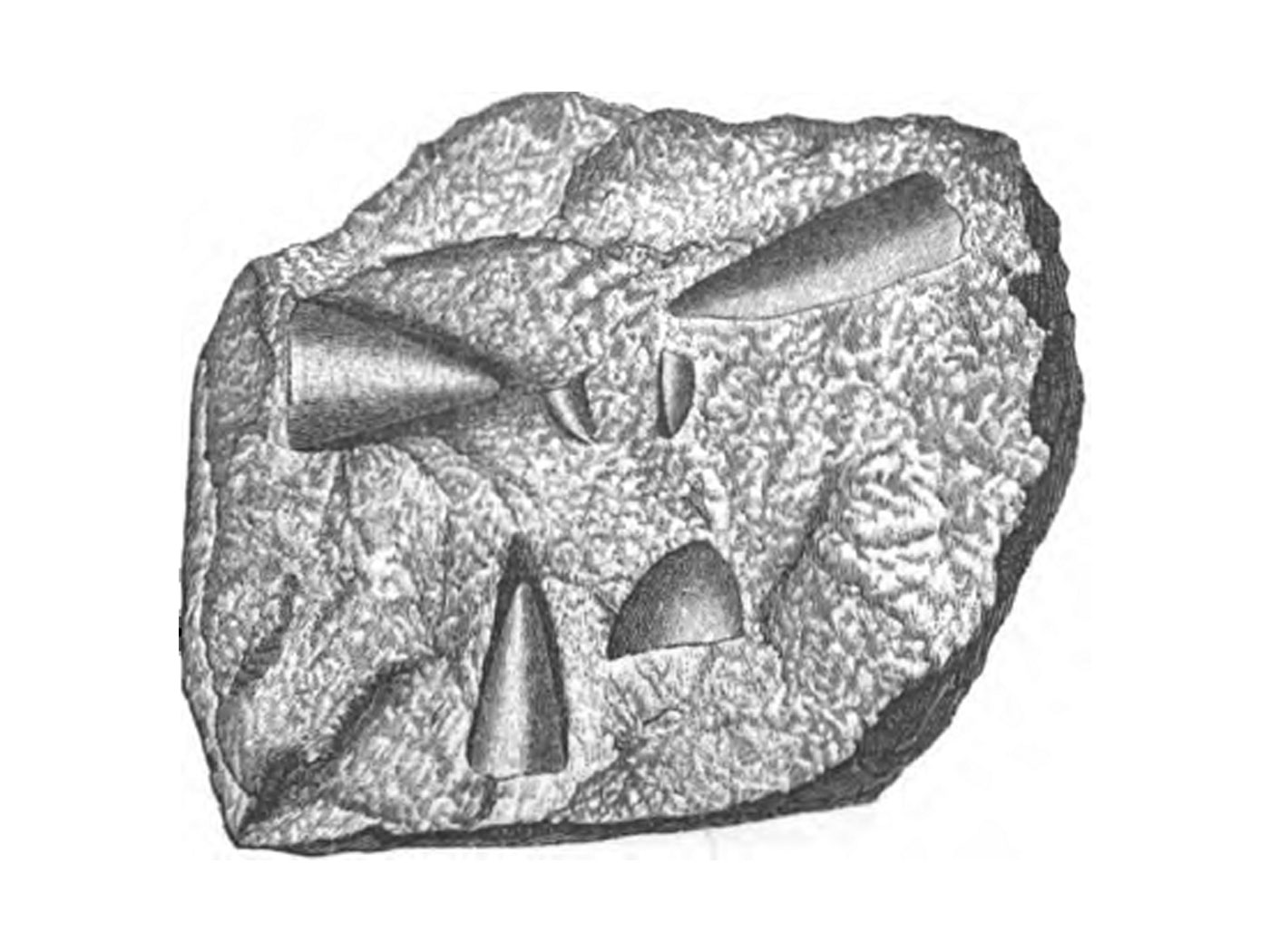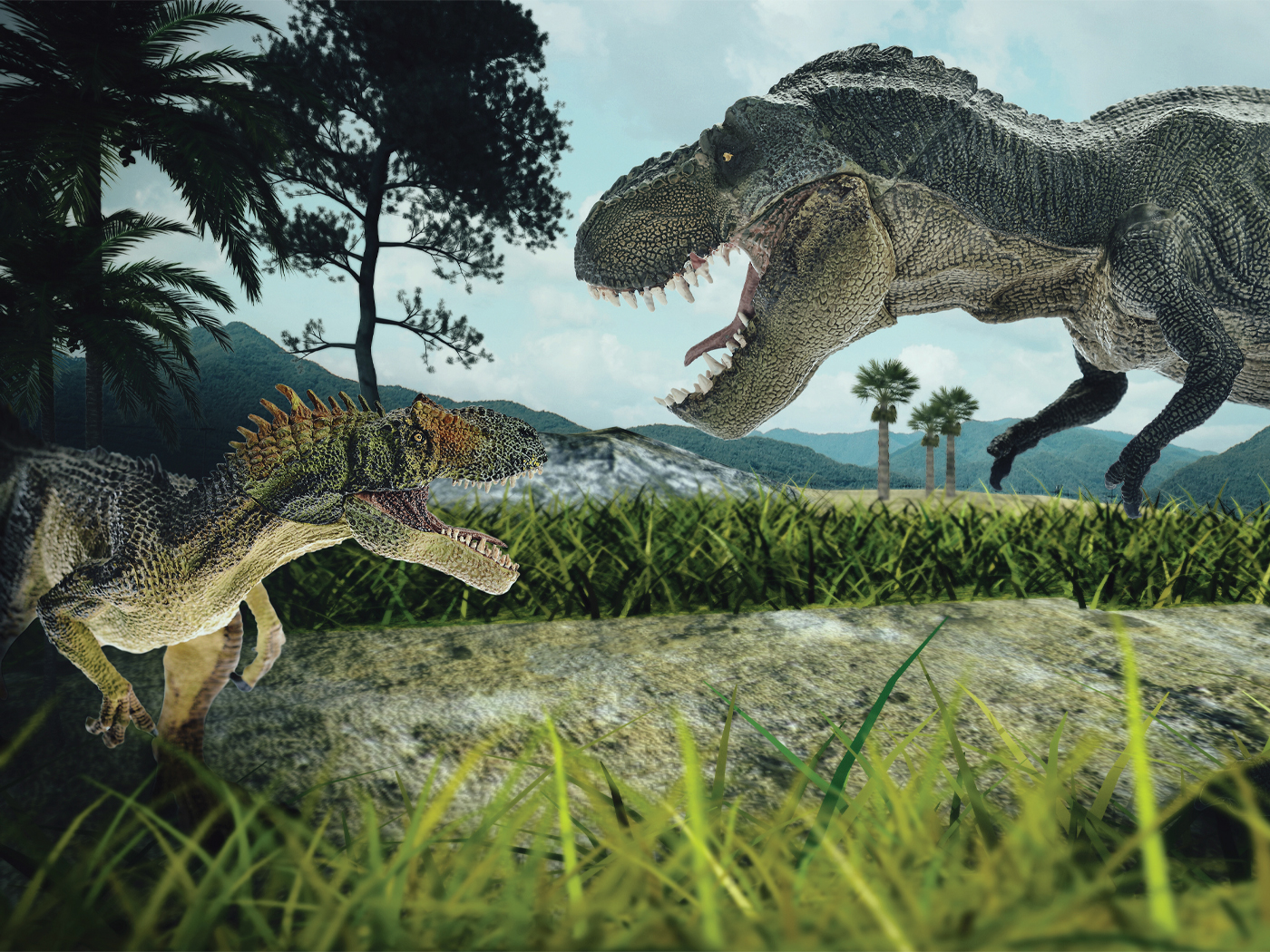An international team of archaeologists examined animal and human remains from an ancient site in present-day Jordan that enjoyed wetter times in the distant past. Today's Azraq Oasis receives a mere trickle of water compared to its past flows. Several long-preserved clues from recent Azraq digs fit better into biblical history than with evolutionary ideas.
The Old Testament often speaks of a wetter past in the Middle East. About 3,500 years ago, Job lived in or near Arabia, which today is mostly desert. But Job cared for too many animals, especially after his renowned trial, for today's arid conditions to reasonably support. Plus, the book of Job references snow, ice, storms, and swamps—all signs of a wetter past. And probably not long before Job's time, Genesis records that when Abraham and Lot looked over the Jordan River Valley to decide where each would live, Lot commented it "was well watered everywhere."1 Well, not anymore.
What happened to the region's climate? Scripture records a series of serious droughts during and long after Abraham's life. Perhaps the most well-known drought saw Joseph saving Egypt and "all countries" with the grain he stored during the seven previous years.2 Similarly, Luke refers to 1 Kings 17 when it records Jesus' words, "But I tell you truly, many widows were in Israel in the days of Elijah, when the heaven was shut up three years and six months, and there was a great famine throughout all the land."3 These famine-causing droughts indicate dramatic climate drying.
Situated in today's country of Jordan some 80 miles east of Jerusalem, the Azraq Oasis lies close to these biblical settings. The archaeologists who excavated there described their results in the Journal of Archaeological Science. They wrote, "Moreover, evidence from terraces surrounding the basin and buried lacustrine deposits suggest [sic] high lake stands in the past."4 Long ago, that area lay below a lake. The study authors wrote, "Historically, the oasis was fed by springs originating from the upper aquifer of the basin, which is recharged in the Jebel Druze basalt massif to the north."4 Decreased rainfall failed to recharge those aquifers, so the springs simply dried up. Since then, fluctuations between wetter and drier times left marsh, river spill, and even windblown deposits—with buried artifacts—in the Azraq plot.
The ancient oasis attracted all kinds of creatures. The team uncovered ice-age-like remains (clearly not Flood fossils) of gazelle, camel, wild cattle, horses, an elephant, rhinoceros, lion, other large carnivores, and duck-specific protein residue on a sharpened stone carving tool. Evidence showed that some human-like group that the study authors referred to as "hominids" had been hunting a wide variety of animals. How human were they?
Secular scientists use Hominidae as a category that lumps humans together with great apes and hypothetical ape-men. It implies that some ancient human-like beings were inferior to modern humans. According to evolutionary teaching, the ape-men had not yet evolved into creatures quite as clever as us. But these so-called hominins from Azraq showed clear signs of completely shifting their hunting approach from the skill set required to take down rhinos all the way to ducks. How else could these archaeologists explain this evidence but to admit that "these hominins must have had highly effective strategies in place for predator avoidance and carcass protection?"4 Of course they used effective strategies. They were people just like us, not hominins.
A wetter ancient Middle East, like an ancient wet Sahara, fits the Bible's climate clues.5 And fully human people right from the start fits the Bible's history of humanity, starting with Adam and Eve.
References
- Genesis 13:10.
- Genesis 41:53-57
- Luke 4:25.
- Nowell, A. et al. 2016. Middle Pleistocene subsistence in the Azraq Oasis, Jordan: Protein residue and other proxies. Journal of Archaeological Science. 73 (2016): 36-44.
- Thomas, B. Genesis and a 'Wet' Sahara. Creation Science Update. Posted on ICR.org November 3, 2008, accessed August 30, 2016.
*Mr. Thomas is Science Writer at the Institute for Creation Research.
Article posted on September 20, 2016.






















